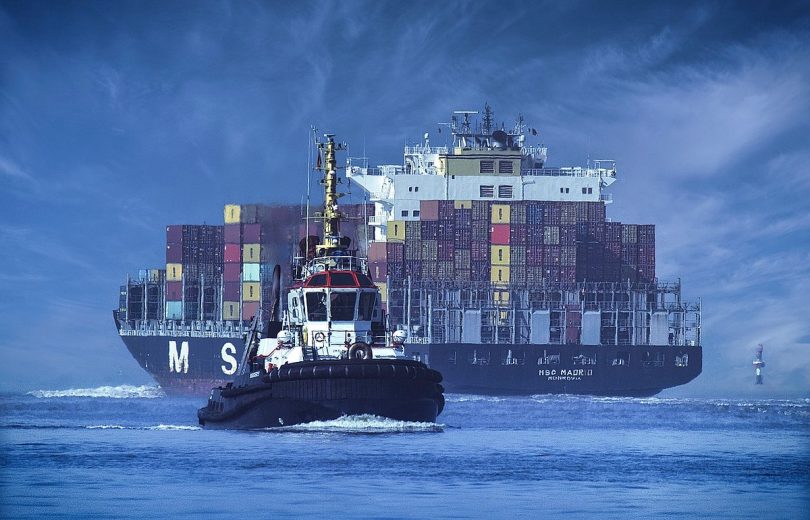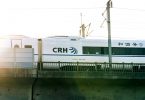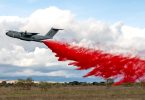[BarcelonaTech (UPC)] – The Centre for Language and Speech Technologies and Applications — part of the UPC’s Intelligent Data Science and Artificial Intelligence research centre — and the CIMNE’s Center for Innovation in Transport participate in the OCEAN project, which aims to increase navigational safety. Researchers from these centres will develop algorithms based on signal processing and machine learning to detect obstacles at sea.
Around 3,000 maritime incidents occur in the European maritime fleet every year. 28% are categorised as severe or very severe accidents, resulting in deaths, pollution, fires and economic losses. Navigational accidents are dominant in these statistics according to the European Maritime Safety Agency, be it for cargo, passenger or service ships.
OCEAN is a European project that aims to address this problem. The OCEAN consortium is made up of 13 partners across seven European countries, including the Centre for Language and Speech Technologies and Applications (TALP) — which is part of the Intelligent Data Science and Artificial Intelligence (IDEAI) research centre — and the CIMNE’s Center for Innovation in Transport (CENIT), both of them representing the Universitat Politècnica de Catalunya – BarcelonaTech (UPC).
OCEAN seeks to mitigate boating accidents by addressing the factors that may cause them: lack of training; technical, human or organisational factors; operational constraints; inadequate processes and procedures; and commercial pressures. It will also recommend improvements and amendments to regulations, standards and bridge equipment design approaches. The project has an undeniable social and ecological dimension, since it aims to prevent accidents and environmental disasters, to save lives and to protect marine wildlife.
Co-funded by Horizon Europe and UK Research and Innovation, it launched in October 2022 and will run until 2025.
Algorithms and machine learning
Integrated in the Centre for Language and Speech Technologies and Applications, the IDEAI’s Voice Processing Group (VEU) will work with other European partners in the detection of obstacles at sea. The researchers will develop algorithms based on signal processing and machine learning for the automated detection of lost floating containers and marine mammals using high-resolution satellite imaging and also automated acoustic detection for the latter.
Data and prediction platform
The CENIT-CIMNE is coordinating the part of the project to design and implement a platform based on the tracking data of objects seen or found at sea from multiple sources: the consortium partners, other operators and forecasting. Using all this information, the platform will send navigational warning messages about the locations of obstacles at sea, mainly marine mammals and floating containers, allowing boats to avoid collision and prevent accidents.
A consortium of companies, universities and NGOs
The project consortium is made up of 13 entities, including companies, universities and NGOs from Norway, Greece, Spain, Denmark, Portugal, Ireland and the United Kingdom.





